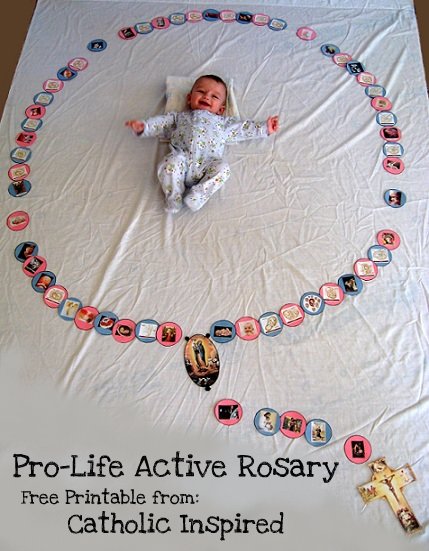Christ's question for everyone: “What are you looking for?”

"The Calling of the Apostles Peter and Andrew" (1308-11) by Duccio [WikiArt.org]
A Scriptural Reflection on the Readings for Sunday, January 18, 2015 | Carl E. Olson
Readings:
• 1 Sam 3:3B-10, 19
• Psa 40:2, 4, 7-8, 8-9, 10
• 1 Cor 6:13C-15A, 17-20
• Jn 1:35-42
“What are you looking for?”
It is a question meant for all men of every time and in all places and situations. It is the question put to the two disciples by Jesus in today’s Gospel reading. What are you seeking? What is the purpose of your existence? Who are you looking for?
The Fourth Gospel is filled with questions, each revealing something important and telling about the questioner. The first chapter alone contains a dozen questions, many of them asked by religious leaders or disciples. A couple of questions in John 1 are, however, put forward by Jesus (Jn 1:38, 50). The contrast is notable. While the questions asked by others often betray ignorance and even animosity, the questions asked by Jesus throughout the Gospel of John display knowledge and understanding. He often asks the questions that others either don’t want to ask or don’t think to ask. And his questions are meant to challenge his listeners to have faith.
For example, when speaking with Nicodemus about being “born from above,” Jesus states, “If I tell you about earthly things and you do not believe, how will you believe if I tell you about heavenly things?” (Jn 3:12). When some of the disciples leave Jesus after his shocking statements about eating his flesh and drinking his blood, Jesus challenges those who remain: “Do you also want to leave?” (Jn 6:67). And while engaged in a tense confrontation with the Pharisees, Jesus bluntly says, “Can any of you charge me with sin? If I am telling the truth, why do you not believe me?” (Jn 8:46).
Theodore of Mopsuestia, a fourth-century bishop also known as “Theodore the Interpreter,” wrote that Jesus asked his question of the two disciples “in order to give them an occasion to trust him.” They responded by entering into that trust, first by addressing Jesus as “Rabbi” (or “Teacher”), and then by asking where he was living. Having been seekers, they became followers.
The reply given by Jesus—“Come, and you will see”—is, like so many of his statements, loaded with multiple meanings on different levels. On the material level, the disciples did follow and see where he dwelt. But on a deeper, spiritual level, they entered into a relationship—Teacher and disciples—that eventually revealed to them a shocking truth: Jesus is the Word, who “was with God” and who “was God” before the beginning of creation (Jn 1:1-3). The One who now dwelt among men was one with the Father, and had been sent to call men to himself, to seek and to save. Those saving truths were given to the disciples because, Jesus said in his high priestly prayer to the Father, “they accepted them and truly understood that I came from you, and they have believed that you sent me” (Jn 17:8).
After spending the day with Jesus, the two disciples (Andrew and possibly John the Evangelist) find Simon, saying, “We have found the Messiah.” First seekers, then followers, and, finally, disciples. And, in bringing Simon to Jesus, they begin their work as apostles—those who are sent out to proclaim the Gospel.
Man, created in the likeness and image of God but mortally wounded by sin, hungers for truth and meaning. God, the Catechism observes, “calls man to seek him, to know him, to love him with all his strength” (par 1). Becoming a disciple “means accepting the invitation to belong to God's family, to live in conformity with His way of life” (par 2233). That family, of course, is the Church, and her members pursue holiness, by God’s grace, recognizing the profundity of St. Paul’s words to the Corinthians: “For you have been purchased at a price. Therefore glorify God in your body” (1 Cor 6:20).
But it is not enough to keep and live the faith; we must “also profess it, confidently bear witness to it, and spread it…” (CCC, par 1816). We must be disciples by asking others, however we can: “What are you looking for?”
(This "Opening the Word" column originally appeared in the January 18, 2009, edition of Our Sunday Visitor newspaper.)


